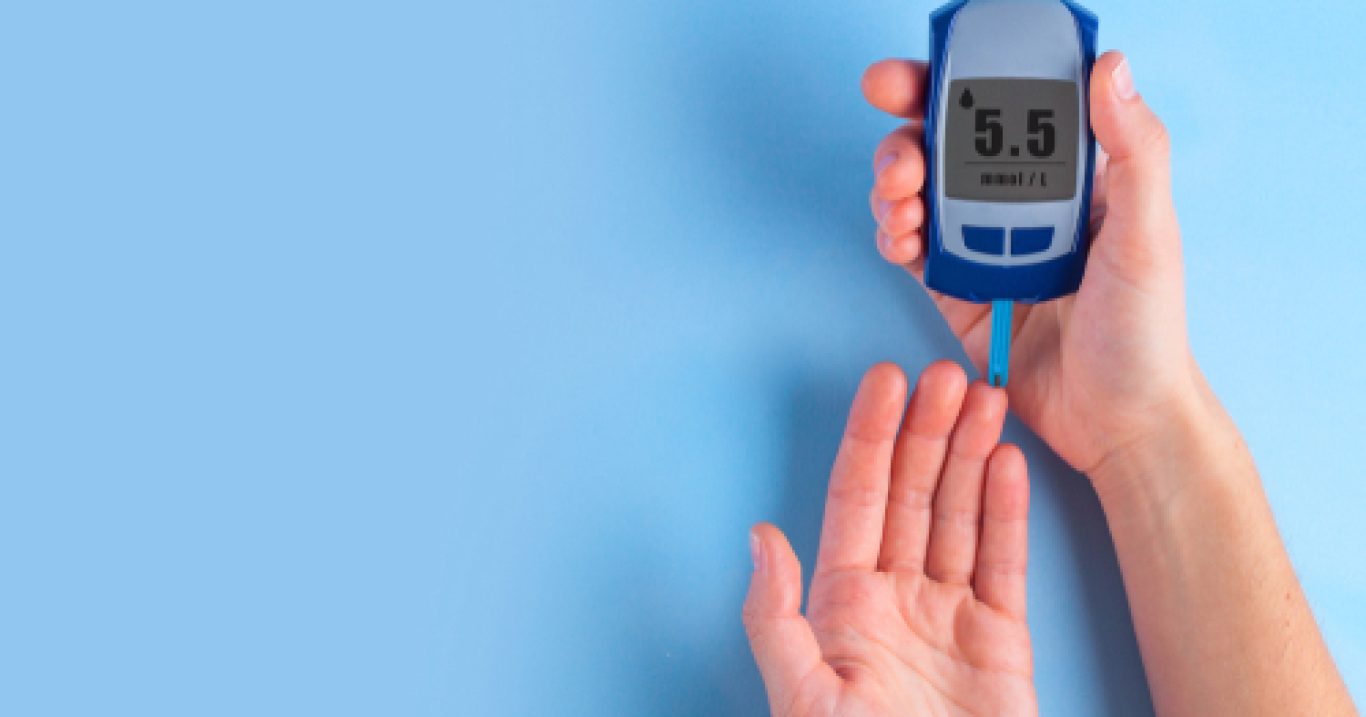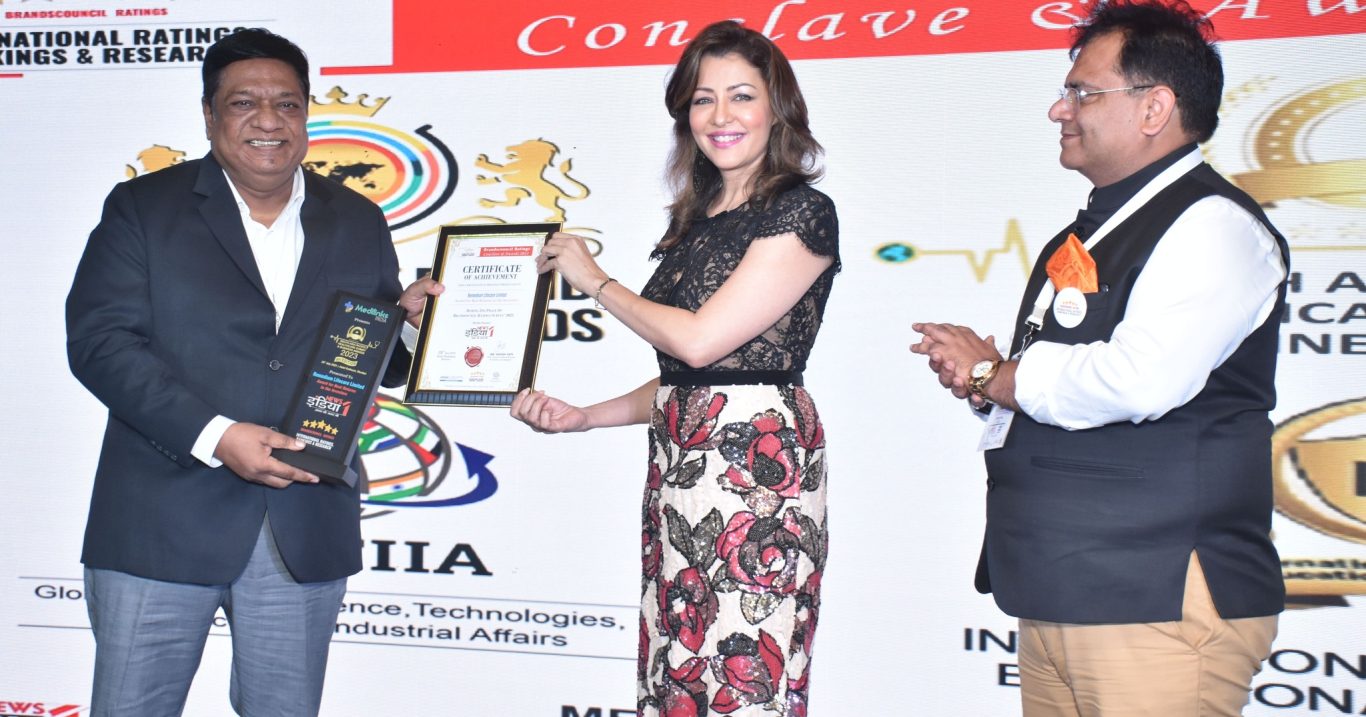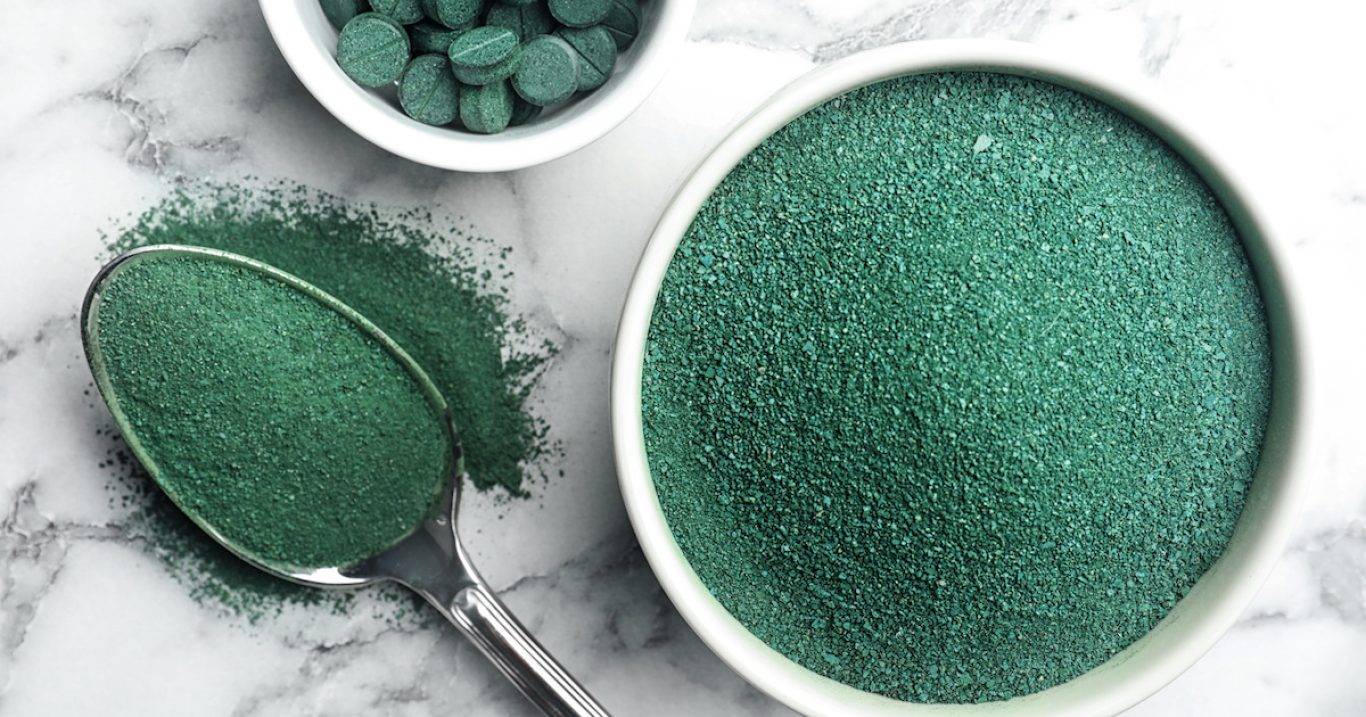The US FDA Attack!
Ailing pharma sector needs uniform drug standards: Ranbaxy Given the fact that US gets 35 percent of its drugs from India, the regulator is only doing its job in looking closely at not just India’s, but other countries’ pharma units too, adds Ramesh Adige, former executive director, Ranbaxy.
Ramesh Adige, former executive director, Ranbaxy believes the USFDA’s warnings on various pharma plants in the country should not be taken as a negative as the regulator is only doing its job of maintaining quality and control standards. The US gets 35 percent of its drugs from India. The USFDA is looking at other countries’ pharma units too, he adds. He adds that the standard of drugs exported and used domestically needs to be the same. “I am not saying that India had poor quality medicines but there are various grades, grade-I, grade-II, grade-III and so on. There are some standards, we will meet those standards. I am very optimistic about the Indian pharmaceutical industry. We will rise to the occasion, we will get all our issues which we have with the USFDA sorted. I have no doubt about that,” he adds optimistically. Adige further adds that the Strides-Mylan deal worth Rs 5168 crore is a positive for the sector and says that mergers and acquisitions will happen only once valuations are right. Below is the edited transcript of Adige’s interview to CNBC-TV18. Q: This Food and Drug Administration (FDA) issue is emerging with some regularity across the spectrum. Is this fallen standards that has led to this sudden upsurge of FDA questions over India companies? A: We must understand very clearly that India is a very big exporter into the United States and it is quite natural that any regulatory body will be conscious about quality, integrity of the product. So, I do not see anything unusual atleast in the pharmaceutical sector where it is concerning the health of people that the regulatory body should take things very seriously. There can be one-two instances, which may have happened, which will then make the US-FDA look at things more closely. USA has 35 percent of its bulk drugs coming in from India and so also drug formulations. So, it is completely natural that they should look at this closely not only in India, I am sure they are looking at it in the other parts of the world as well. Q: Do you expect Indian companies to tide over this or do you think this is going to be recurrent, do you see a rise in standard, secular across the board? A: What we need to do is make sure that go or no go in the pharmaceutical sector has clearly established. Two decades ago, we used to have one standard for exports and one standard for domestic market. It never works, it never succeeds. We need to have the same standard in India as the exports and that is when the whole industry will wake up. That is what is happening in the pharmaceutical sector in India. I am not saying that India had poor quality medicines but there are various grades, grade-I, grade-II, grade-III and so on. There are some standards, we will meet those standards. I am very optimistic about the Indian pharmaceutical industry, I have no doubt we will do better, we will rise to the occasion, we will get all our issues which we have with the USFDA sorted. I have no doubt about that. Q: Since you ended that last statement on an optimistic note, I am going to talk about some of the good things that have taken place in the pharmaceutical industry i.e. the Strides -Mylan deal that gotten approval a while back, do you see a lot more potential in these deals and do you see a lot more of these FDI deals taking place? A: There is an issue of Brownfield acquisition and no Greenfield ventures coming in. I think it is quite natural because one wants to get off the ground fast by hitting the market running. So, when one goes in for a Brownfield, he/she takes on the existing company and then hits the road running. There are very few entries into other countries where people will put up Greenfields, but in India you will see some companies, which have also put up Greenfields abroad. Strides is a good thing which has happened. It is always a two-way street. One cannot have India going and buying up companies abroad and not allowing them to buy the companies. It is a good thing. However, a note of caution because we are a land of 1.2 billion people, we have lots of people who are below the poverty line. Affordability, accessibility, availability of medicines is crucial. Any policy made by the government of India will have to take these into consideration. We are possibly the world’s possibly number one country to produce generic drugs and we have to be careful to make sure that we have some capacity within our grasp. I have therefore, recommended the government to seriously consider at least putting up 3-4 public sector undertakings (PSUs) or reviving those PSUs for APIs for bulk drugs and some for formulations, so that if there is any kind of a health emergency atleast we can have our own set up ready with us. This is not to take away the fact that foreign companies are going to come here or MNCs are coming here to buy up Indian generic companies to snap out generic production in this country. That is never going to happen. The main reason is, the industry worldwide realises that now pharmaceutical industry has two legs. One has to be the innovated side and one has to be the generic side. Most innovative companies are having two of them one for the innovative side and the other for the generic medicines. So, it is a kind of a symbiotic relationship and it is more in a spirit of saying that we have to be in the entire pharmaceutical space. Q: Are you saying that the guys who have done Brownfield expansion who have bought over Indian companies will think very strongly of expansion? A: I definitely think so. They are not here to reduce the manufacturing of generic drug, they are here to expand the manufacturing of generic drugs and use India as a base to also export to other countries. Let’s not forget the fact that all governments, worldwide, are facing huge deficits. They need to bring healthcare costs under control. How long are you going to depend only on patented medicines and world over insurance companies are now beginning to control this sector. They say, if I am going to take a premium from you, I have to be able to afford to ensure that your healthcare costs are in control and that can happen only if there are generic drugs. So, I do not see a patented versus generic situation in the world. I am beginning to see them going side by side. Q: Like Strides-Mylan, do you think before fiscal 2014 is out, you can see more such deals? A: A lot depends on what are the expectations of Indian companies and their valuations. If foreign companies are finding the valuations attractive enough, they will buy it, but I do sense that valuations are very high and there will be some kind of hesitation to buy up these companies at those valuations.










